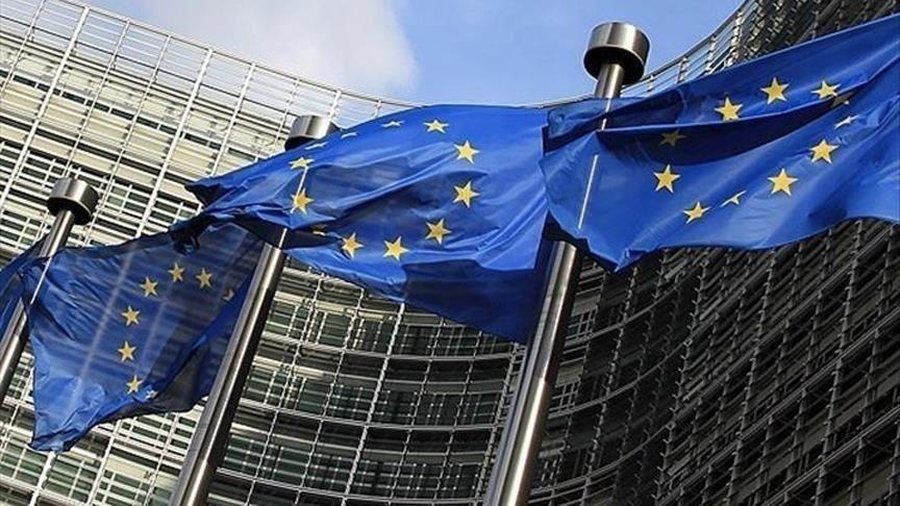
Peter Sloterdijk is one of the most famous philosophers in the world. He is German by nationality, but also a little French, because he spends a good part of the year at his home in a beautiful village in Provence, a historic region in the southeast of France.
There he recently gave an interview to the Sunday edition of the German newspaper "Frankfurter Allgemeine Zeitung." Below are some of this intellectual's most significant thoughts on Europe, war, manhood, and the modern crisis.
Sloterdijk points out that the hatred of Europe, which is now strongly manifested in the East, is not a new phenomenon. “Most Europeans no longer know that the hatred of Europe in the East began with the Pan-Slav movement,” he says. This anti-European wave, he says, was reawakened strongly after the collapse of the Soviet Union.
The philosopher also quotes one of the Russian thinkers, Nikolai Fyodorov, who at the beginning of the 20th century identified Europe as the embodiment of moral degeneration: "Europe is the definition of debauchery," Fyodorov said.
Because, according to him, the very name shows that Europe is essentially a bull's whore. And that all of Europe has become like its name should not affect an honest Russian with a healthy peasant soul. In Europe, everything is big cities, palaces, luxury and whoredom. These are sentences that today can be directly used in anti-European propaganda, said Sloterdijk.
He calls man a “reform project of the 20th century.” From a figure associated with patriarchy, militarism, and heroism, the modern man has been transformed into a cosmetic being. “To use Karl Lagerfeld’s words: he gains control over his life when he uses a certain men’s perfume.” This transformation, according to Sloterdijk, begins in childhood.
Analyzing 20th-century history, Sloterdijk expresses a provocative idea about fascism: “I believe that the term ‘fascism’ itself essentially means nothing more than the refusal of the soldiers of the First World War to accept the outcome of the war.” For him, fascism was the refusal to demilitarize, something that Germany later accomplished more radically than anyone else.
But has this situation changed today? Sloterdijk thinks so. While Europe has experienced decades of peace, today it is facing a new moment: “Europe is currently experiencing, historically speaking, something that resembles good fortune. We have enemies again. Real enemies.” At the center of this confrontation is Putin’s Russia, against which, for a long time, the West avoided open confrontation. Now everything has become clear: “All this has fallen with a single blow.”
In this context, he also speaks of French President Macron, whom he calls "the most peaceful man in the world," but who understands that the ability to produce and export security is as important as the export of French perfume.
Sloterdijk does not fail to mention the failure of the liberal experiment to make men and women mere consumers. The world is harsher than this dream: "The psychosocial experiment to make men and women mere consumers no longer corresponds to the truth of the world situation."
Finally, he refers to an episode from the Trump presidency, when he returned from Brussels disappointed to find that Europeans were unwilling to spend on their own defense: “They were unwilling to spend more than one and a half percent on their own defense.” According to Sloterdijk, it is now Putin himself who is forcing Europeans to change this behavior: “The moment for Europe to arm itself has truly come.
ER (A2 Televizion)











